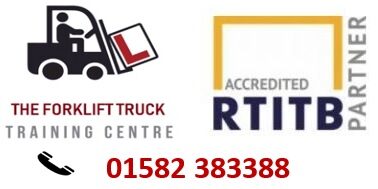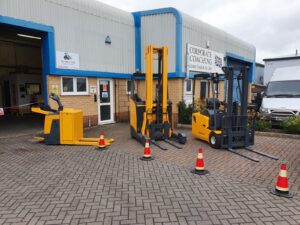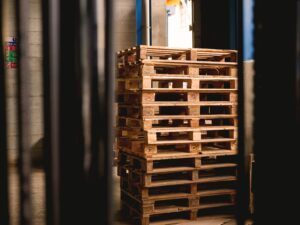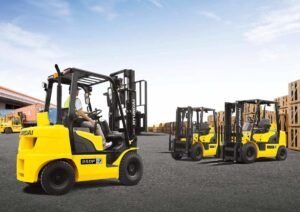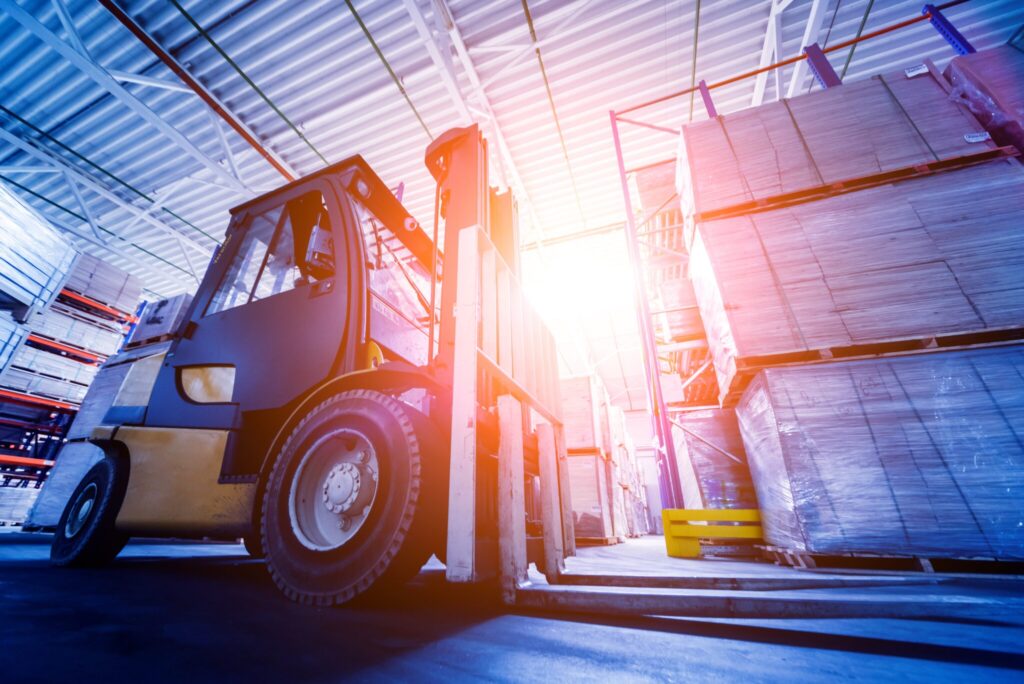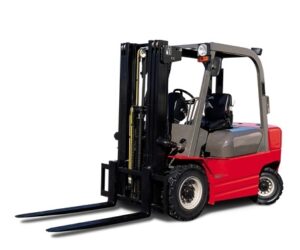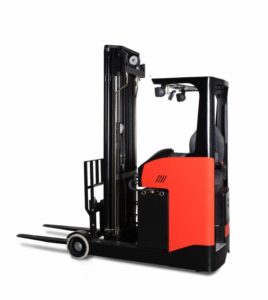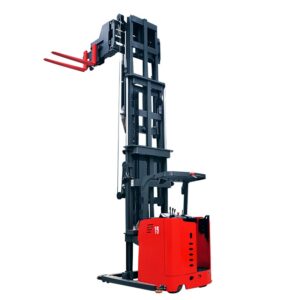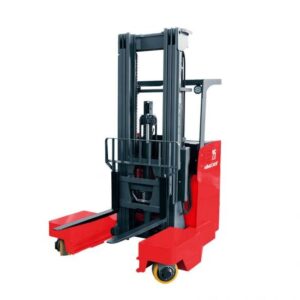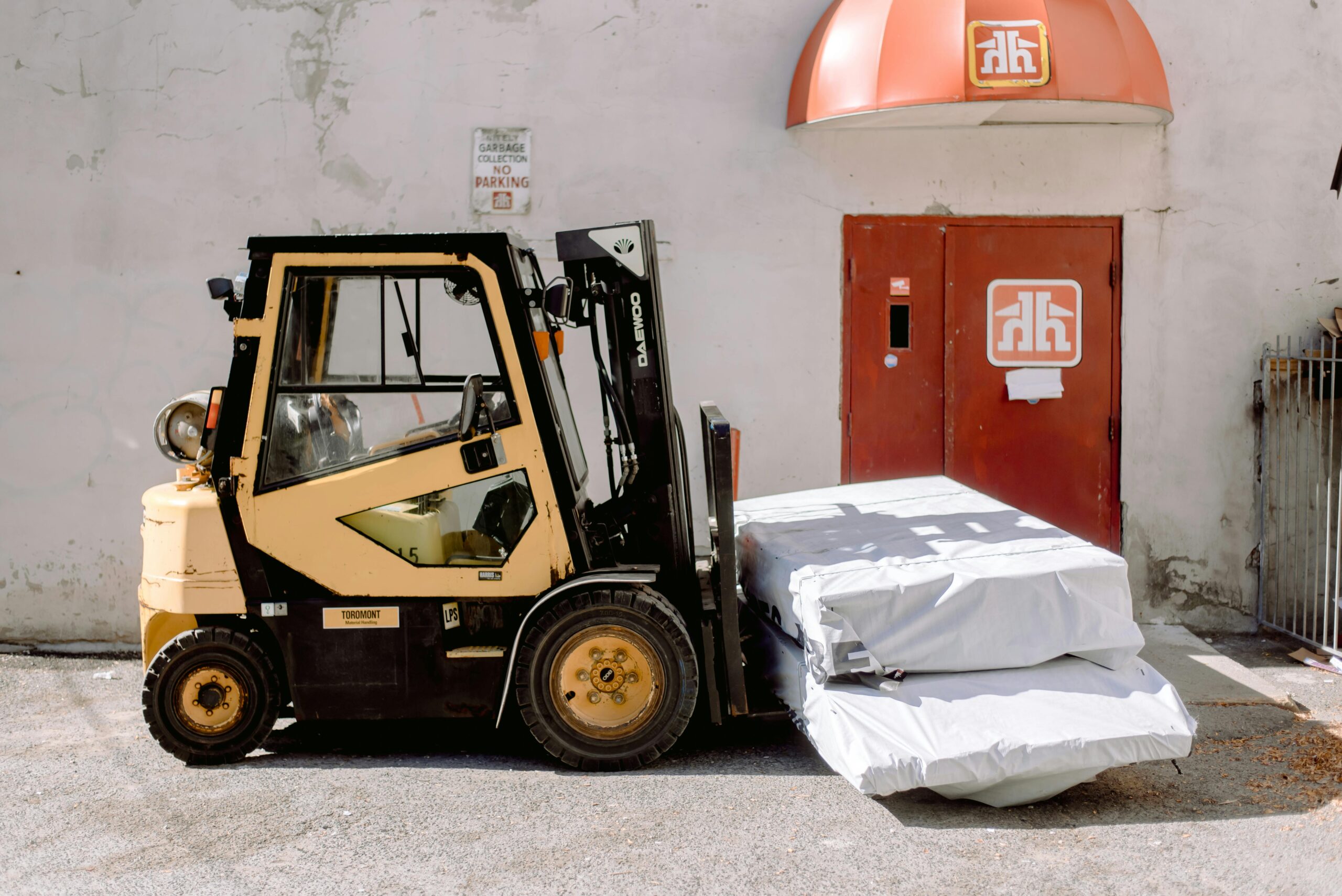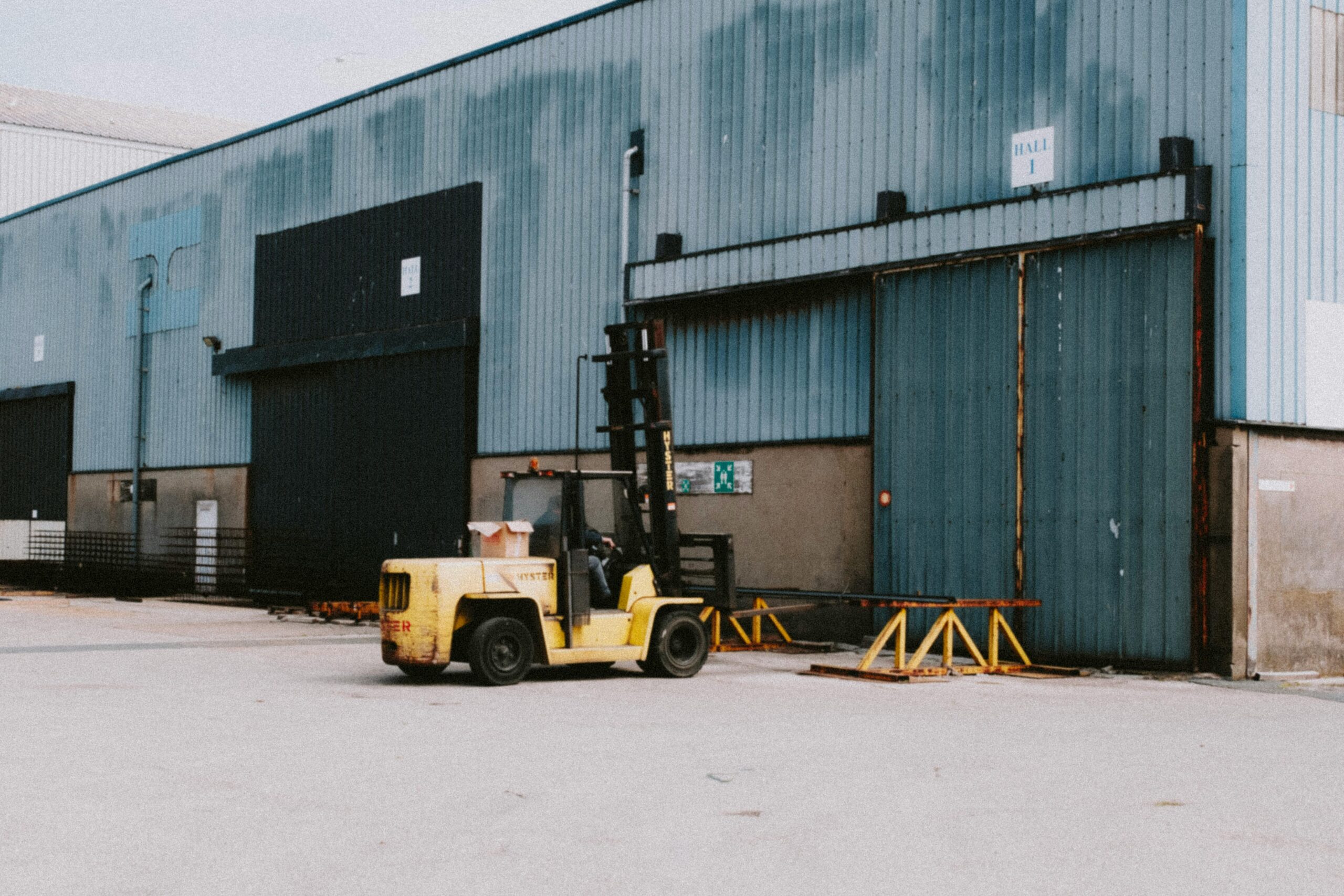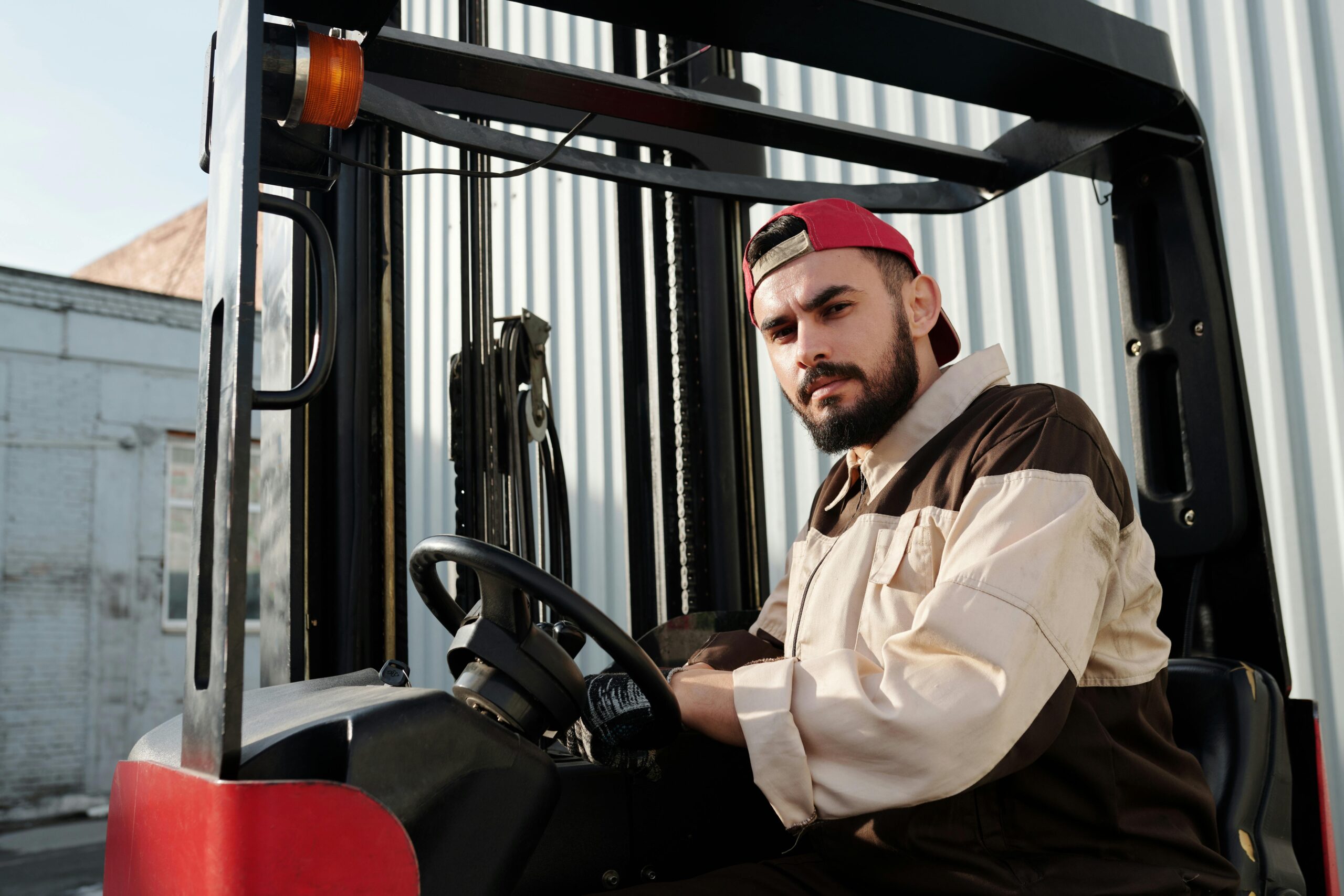As we kick off 2025, ensuring the safety and efficiency of your workplace is key to success and productivity. Here are some top tips for the ultimate new year forklift maintenance check that every warehouse should consider adopting to ensure smooth operations throughout the year.
Thorough Visual Inspection: Start by conducting a comprehensive check for any signs of damage, leaks, or excessive wear. Pay special attention to the forks, mast, and hydraulic cylinders for any indications of weakness or potential failure.
Fluid Levels: Make sure that the transmission, hydraulic, and coolant levels are at their correct levels. Neglecting these can lead to severe damage and costly repairs down the line.
Battery Care: For electric forklifts, it’s crucial to check battery connections and electrolyte levels. Regular maintenance of the battery can significantly extend the lifespan of the machine and ensure optimal performance.
Safety Features: Verify that all safety devices, such as horns, lights, and seat belts, are fully functional. This step is non-negotiable as it ensures the safety of your operators and reduces the risk of workplace accidents.
Tyre Checks: Inspect the tyres for correct pressure, wear, and tear. Properly maintained tyres not only ensure stability but also reduce the risk of accidents, contributing to a safer work environment.
Regular maintenance is essential as it not only upholds safety standards but can also improve operational efficiency and reduce long-term costs. Incorporating these practices into your routine can lead to a safer, more efficient warehouse operation. Happy maintaining!
For more information about our forklift training or to book your place, contact 01582 383388 or [email protected].
